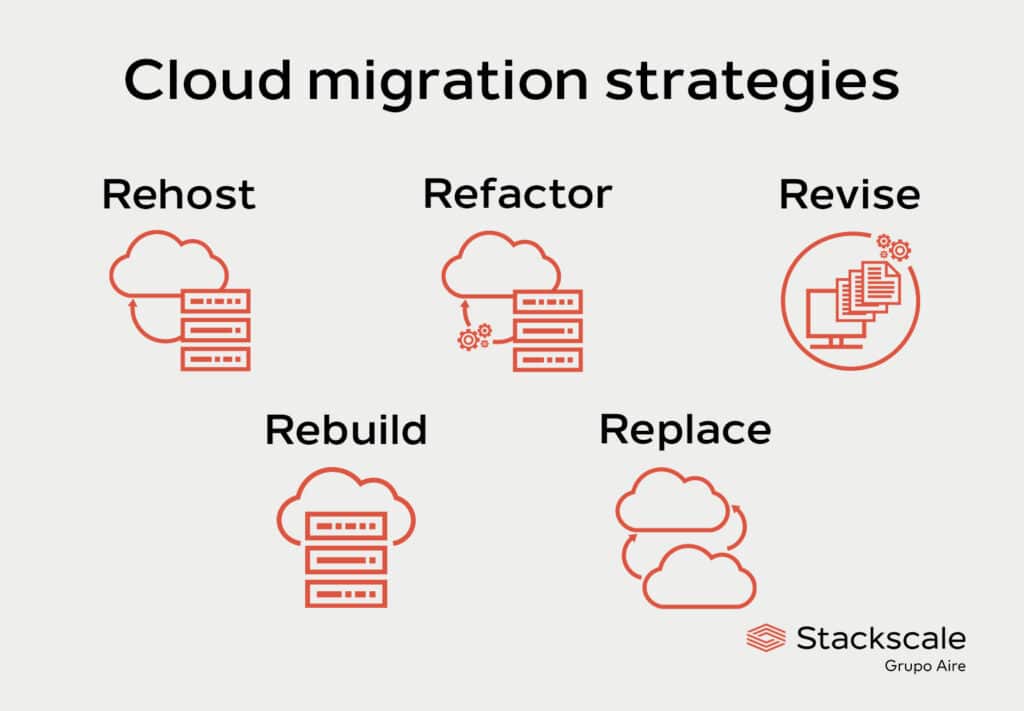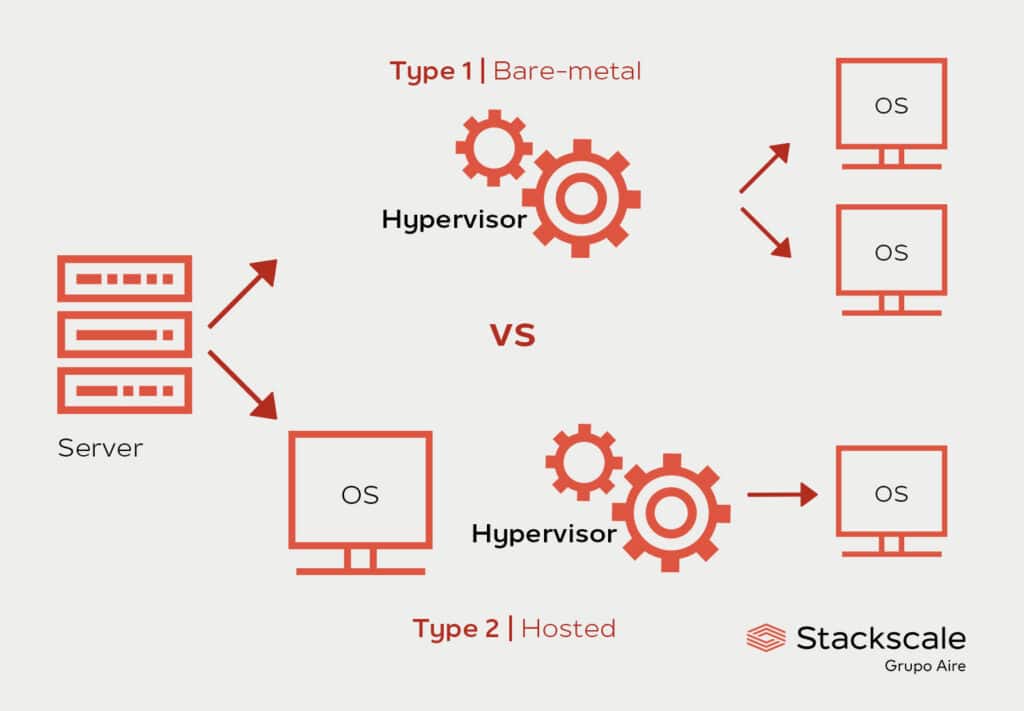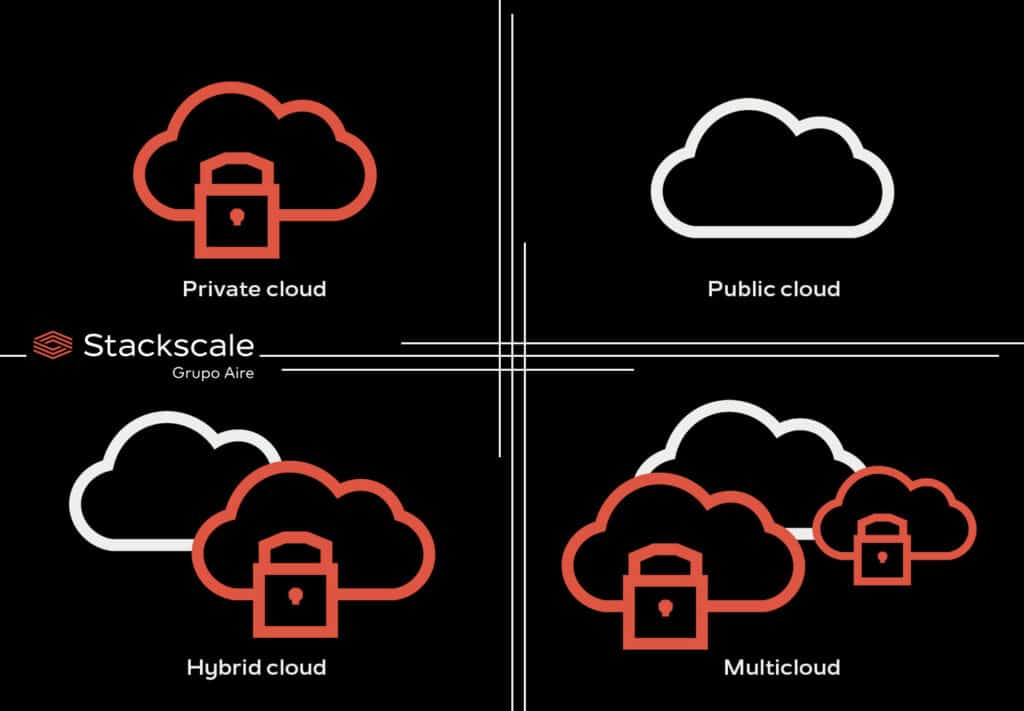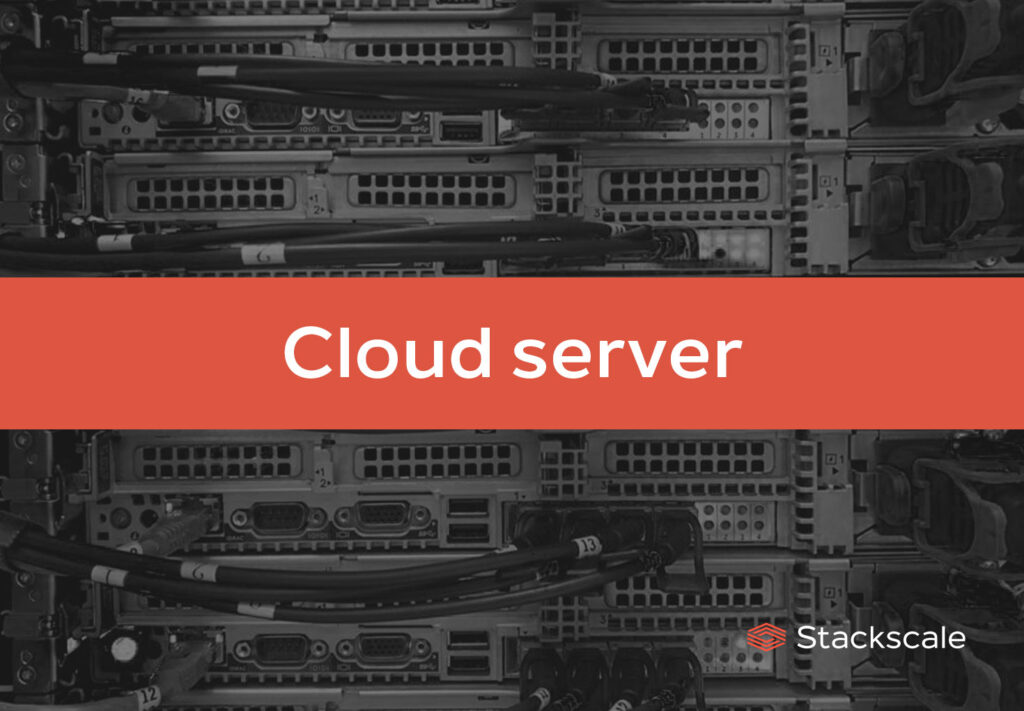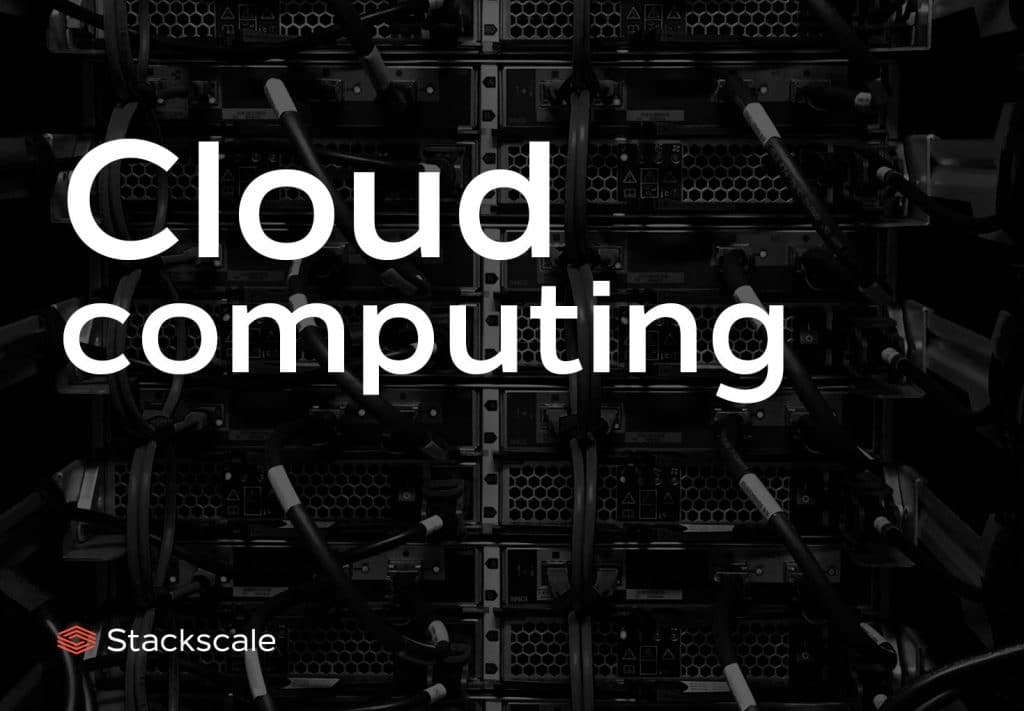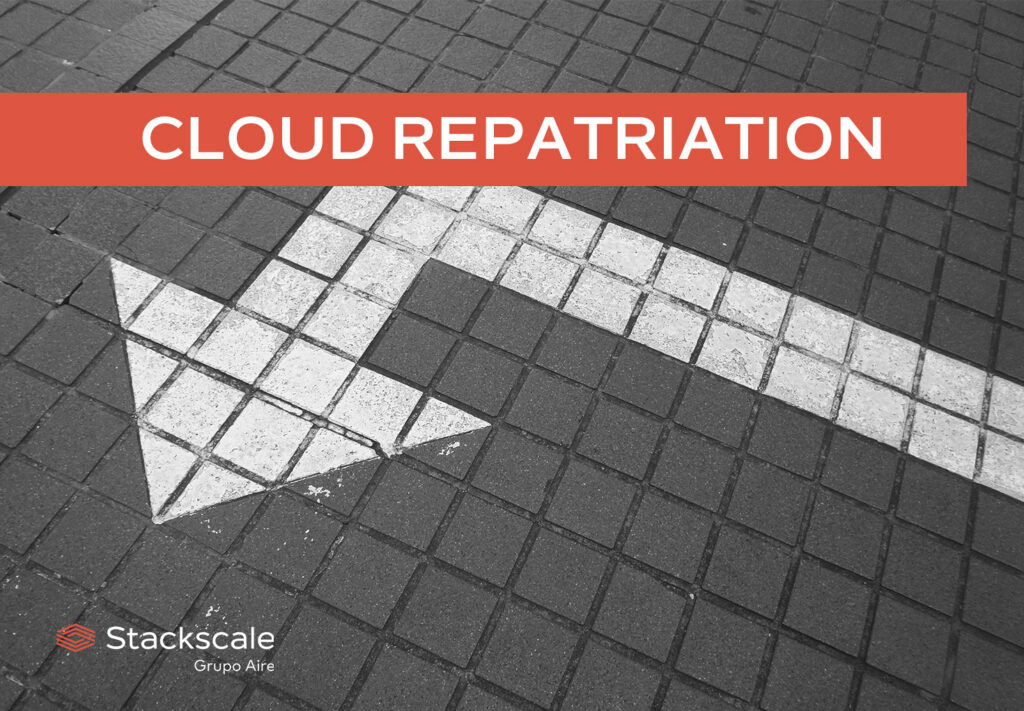
Cloud repatriation to dedicated IT solutions
Cloud repatriation is gaining popularity among CIOs and CTOs to achieve higher performance, control and cost efficiency as projects evolve and scale. It is a valuable tool to relocate workloads when the balance between costs and benefits is not as expected. Repatriation generally involves migrating to a dedicated solution that works best for running the

